Why Is Your Baby Crying After Feeding? 4 Common Causes
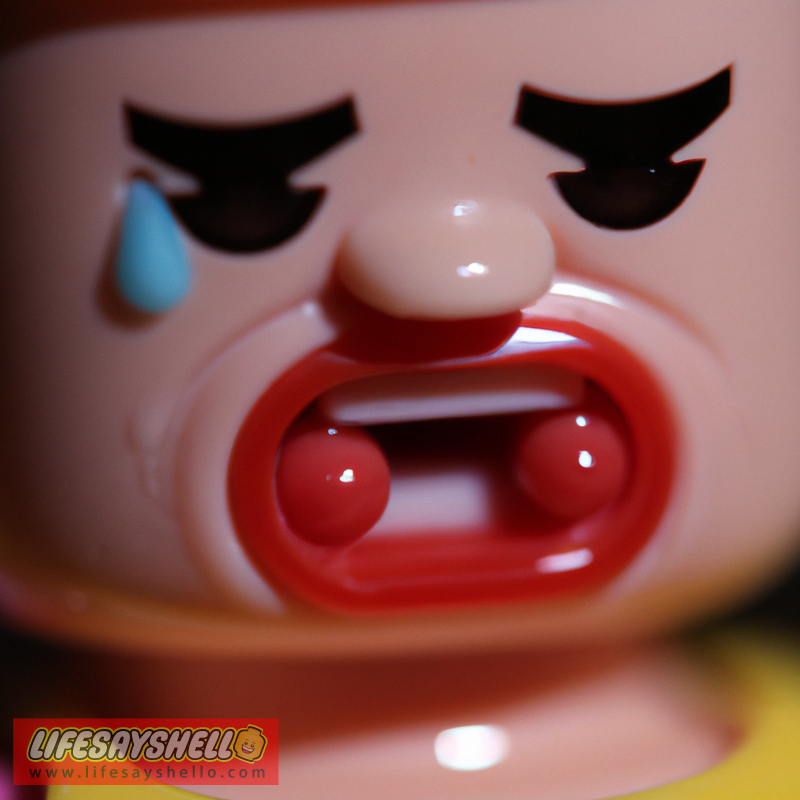
Is your baby crying right after eating? It’s normal for babies to get fussy during feedings or occasionally spit up afterward. But if your little one is regularly crying after feeding, it could point to an underlying issue.
In this post, we’ll explore the top 4 reasons your baby may be crying after feeding and tips to soothe their cries. We’ll also cover signs of acid reflux in babies and when to see the doctor about crying after eating. Read on to get helpful insights on responding to your baby’s needs!
Common Causes of Crying After Feeding
It’s not always easy to decipher why a baby is crying. But paying attention to when the tears start flowing can offer clues. Here are some of the most common reasons babies cry after they eat:
Colic
Colic is one of the top reasons babies cry after feeding. This condition is defined by frequent, prolonged crying in infants. The crying often:
- Starts around 2-3 weeks of age
- Happens at the same time each day, usually in the late afternoon or evening
- Lasts for more than 3 hours a day, for 3 or more days per week
- Stops by 3-4 months old
Doctors aren’t entirely sure what causes colic. Contributing factors may include gas, immature gut function, food sensitivities, and differences in gut bacteria.
If your baby has colic, they may scream and draw their legs up after eating. Burping and motion can sometimes provide temporary relief. But colic will ultimately run its course as your baby’s digestive system matures.
Acid Reflux
Acid reflux is another common cause of crying after feeding. This occurs when stomach contents back up into the esophagus, causing irritation.
A muscle called the lower esophageal sphincter (LES) acts as a gate between the esophagus and stomach. If the LES relaxes or weakens, food and acid can flow back up.
A young baby’s LES is still developing. So after eating, formula or breastmilk can come back up, leading to discomfort.
Signs your baby may have reflux and pain after eating include:
- Spitting up or vomiting
- Wet burps or hiccups
- Difficulty eating
- Arching their back or turning away from the bottle or breast
Gas
Swallowing too much air during feeding can also cause post-meal crying. This air gets trapped as gas bubbles in your baby’s digestive system.
Gas pain can build up from:
- Gulping milk too quickly from a bottle
- Unlatching frequently during breastfeeding
- Taking in air while crying
You may notice your baby clenching their legs, bending knees to their chest, or passing gas after eating. Burping can allow your little one to expel some of the swallowed air contributing to gas and discomfort.
Overfeeding
Overfeeding is another culprit for post-feeding crying. Your baby may take in more milk than their tiny stomach can comfortably hold.
Signs of overfeeding include:
- Gulping rapidly from the bottle even when not hungry
- Falling asleep at the breast or bottle and continuing to feed
- Spitting up large amounts after eating
When a baby’s stomach is too full, they may cry and become agitated. Try pacing feedings and stopping sooner if your baby seems to habitually overeat.
Tips to Soothe Your Baby After Feeding
If your baby is regularly crying after eating, a few simple techniques may help alleviate their discomfort:
Burp frequently during and after feeding. Stop feeding halfway through to burp your baby. Then burp again after they finish eating. This allows your baby to expel swallowed air that could lead to gas and crying.
Hold baby upright for 20-30 minutes post-feeding. Keeping your baby vertical helps keep food and acid down in the stomach, thanks to gravity. Lay your baby on their back too soon after eating and reflux can happen more easily.
Avoid overfeeding. Look for signs your baby is full, like closing their mouth, turning away, or falling asleep. They may cry from overfeeding if you try to coax more food than wanted.
Try smaller, more frequent feeds. Some babies do better eating smaller amounts more often. This prevents an overly full stomach that can lead to crying.
Talk to your pediatrician. If crying after feeding persists, consult your baby’s doctor. They can rule out issues like food intolerance, illness, or GI disorders.
Identifying if colic, reflux, gas, or overfeeding is contributing to your baby’s cries will guide your response. While some fussing after eating is normal, consistent crying could signal an underlying problem worth addressing.
Signs of Acid Reflux in Babies
How can you tell if your baby’s crying is due to acid reflux versus normal fussiness? Reflux in babies often presents with telltale symptoms, like:
Spitting up or vomiting: Reflux causes forceful regurgitation of food and stomach acid up the esophagus. Some babies throw up milk or formula minutes after eating.
Irritability during or after feeding: Babies with reflux often become irritable at the breast or bottle because they associate eating with pain. They seem eager to feed then may start crying as the meal progresses.
Arching the back: Arching of the back, stretching the neck during feedings, and turning away are signs of discomfort related to reflux. Your baby may resist eating when acid reflux is present.
Poor weight gain or loss: Reflux can interfere with obtaining adequate nutrition during feedings. Babies with extreme reflux often fall off their growth curve or fail to gain weight appropriately.
Hiccups, choking, or coughing: When stomach contents enter the upper airway, it can cause coughing, gagging, or hiccups. Reflux may be the reason your baby regularly chokes or develops a wet, hoarse cry after eating.
Wheezing or breathing problems: Some babies experience asthma-like breathing symptoms from irritants like stomach acid entering the airway. Wheezing after eating may be a sign of reflux.
If your baby shows several of these acid reflux red flags, speak with their pediatrician. An incorrect formula or inadequate treatment of reflux could be the reason for persistent crying after meals.
When to See a Doctor About Crying After Feeding
It’s normal for babies to fuss a bit after eating. But excessive crying or screaming after most feedings is cause for concern. Contact your pediatrician if your baby’s crying:
- Starts after 6 months old
- Lasts throughout feeding or more than 1 hour after
- Is accompanied by vomiting, choking, or breathing issues
- Is paired with refusal to eat or poor weight gain
- Continues despite soothing techniques
Your doctor can help identify if colic, reflux, or another issue is causing your baby distress after eating. If acid reflux is suspected, they may recommend:
- Switching formulas or medications to reduce stomach acid
- Special positioning during and after feeding
- Tests for food allergies or intolerances
- Further evaluation of the stomach/digestive system
It’s important to rule out medical problems behind persistent crying after meals. Some red flags like breathing problems, weight loss, or vomiting require prompt medical treatment.
With the doctor’s guidance, you can find targeted solutions to make feeding time more peaceful and pleasurable for your little one. Consistent crying after eating isn’t normal - your baby deserves comfortable digestion.
Take Action to Soothe Your Baby’s Tummy
Crying after feeding is a common newborn complaint. But that doesn’t make it any easier to bear your baby’s tears and discomfort. With attention and effort, you can get to the bottom of the post-meal fussiness.
Pay close attention to when crying occurs and associated symptoms. Try burping more frequently, pacing feedings, and keeping your baby upright after eating. If you suspect colic, reflux, or another issue, seek medical advice.
With your soothing actions and the pediatrician’s help, your baby’s cries after feeding should subside over time. Before you know it, their digestive system will mature - allowing them to take in satisfying meals and stay calm afterward.
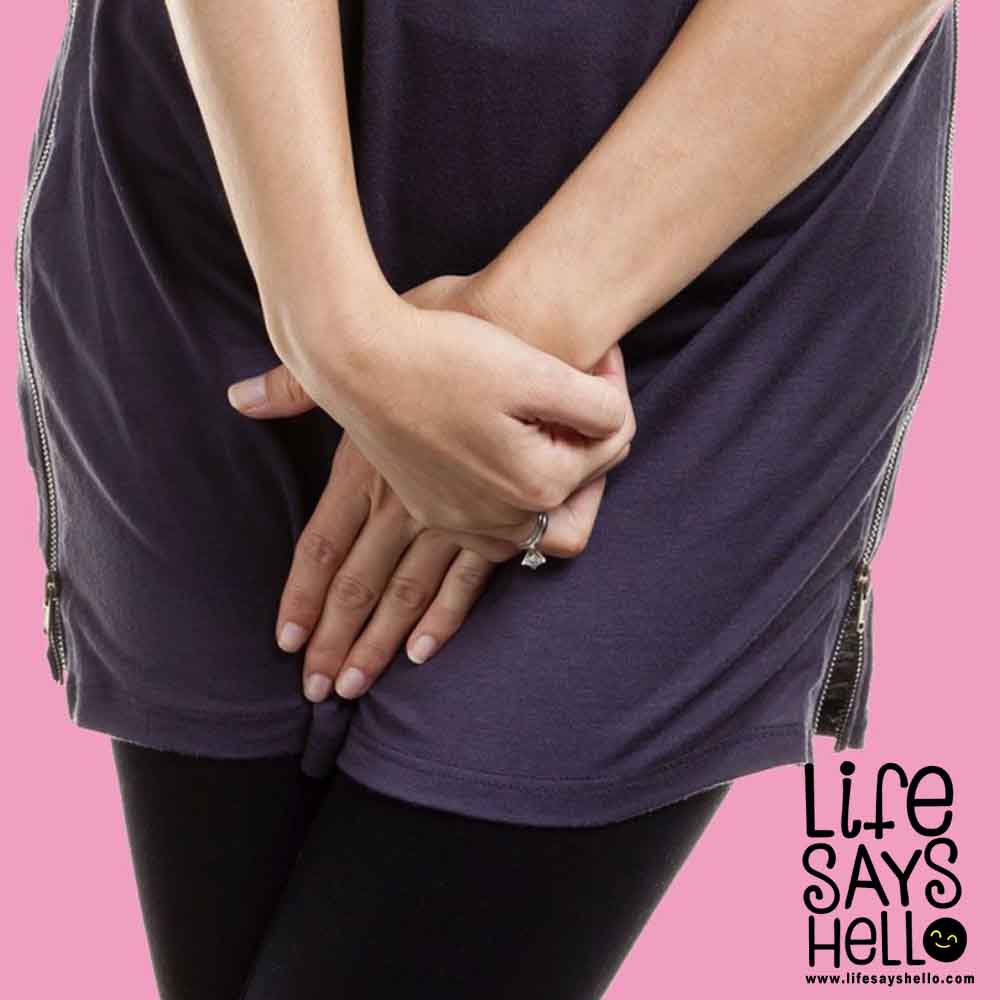
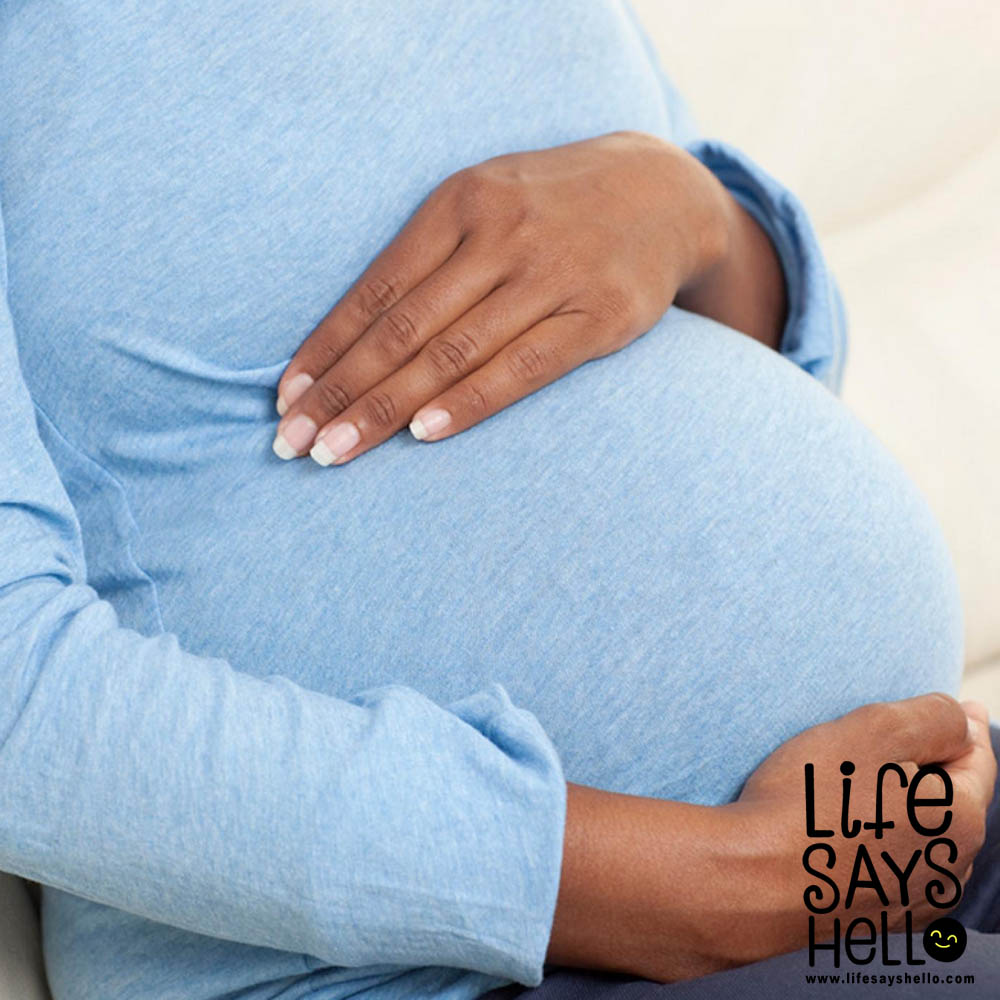
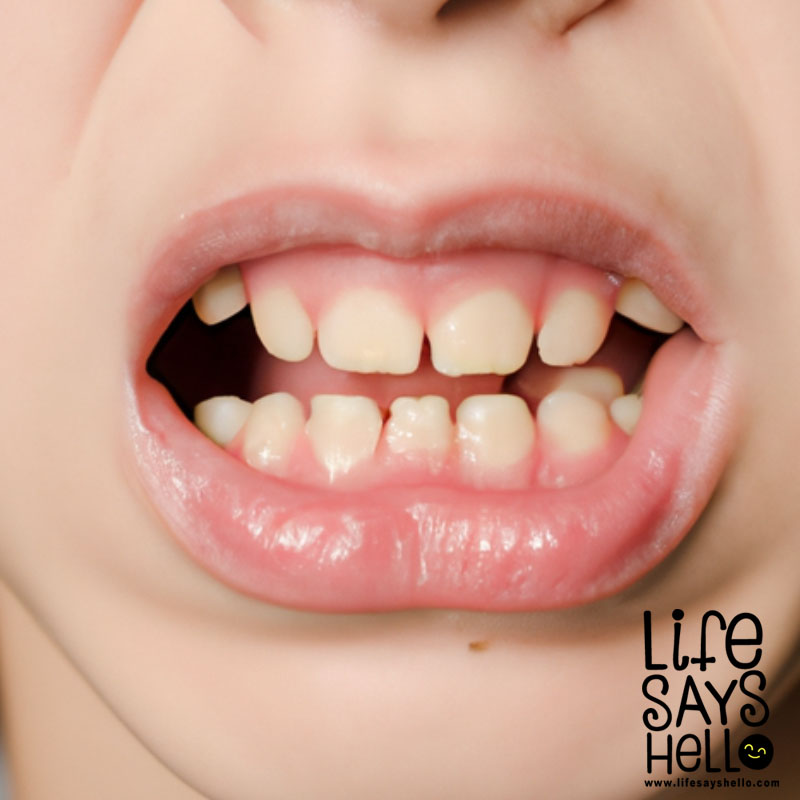
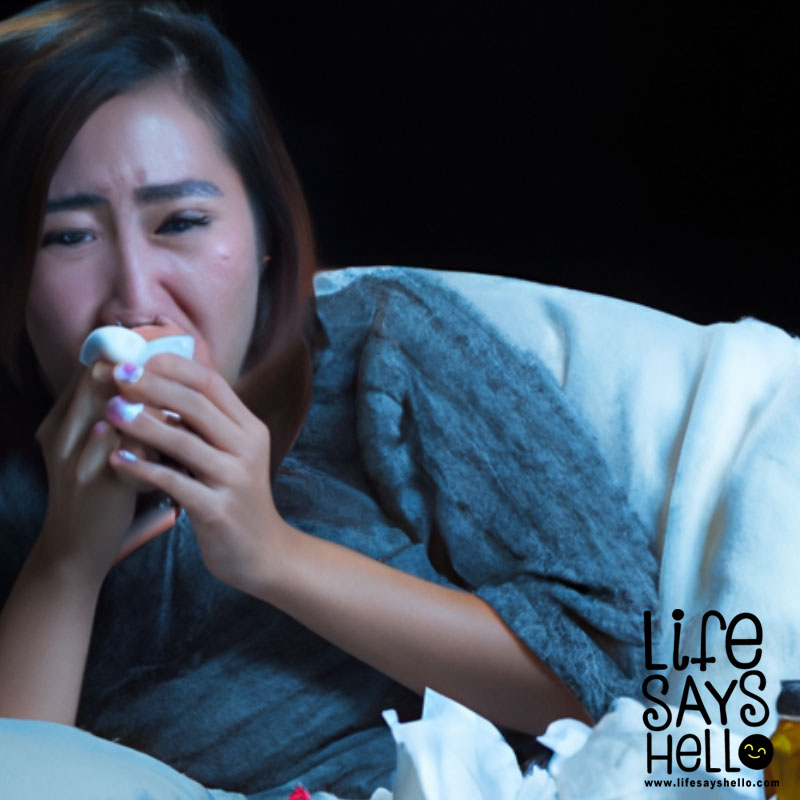
Comments